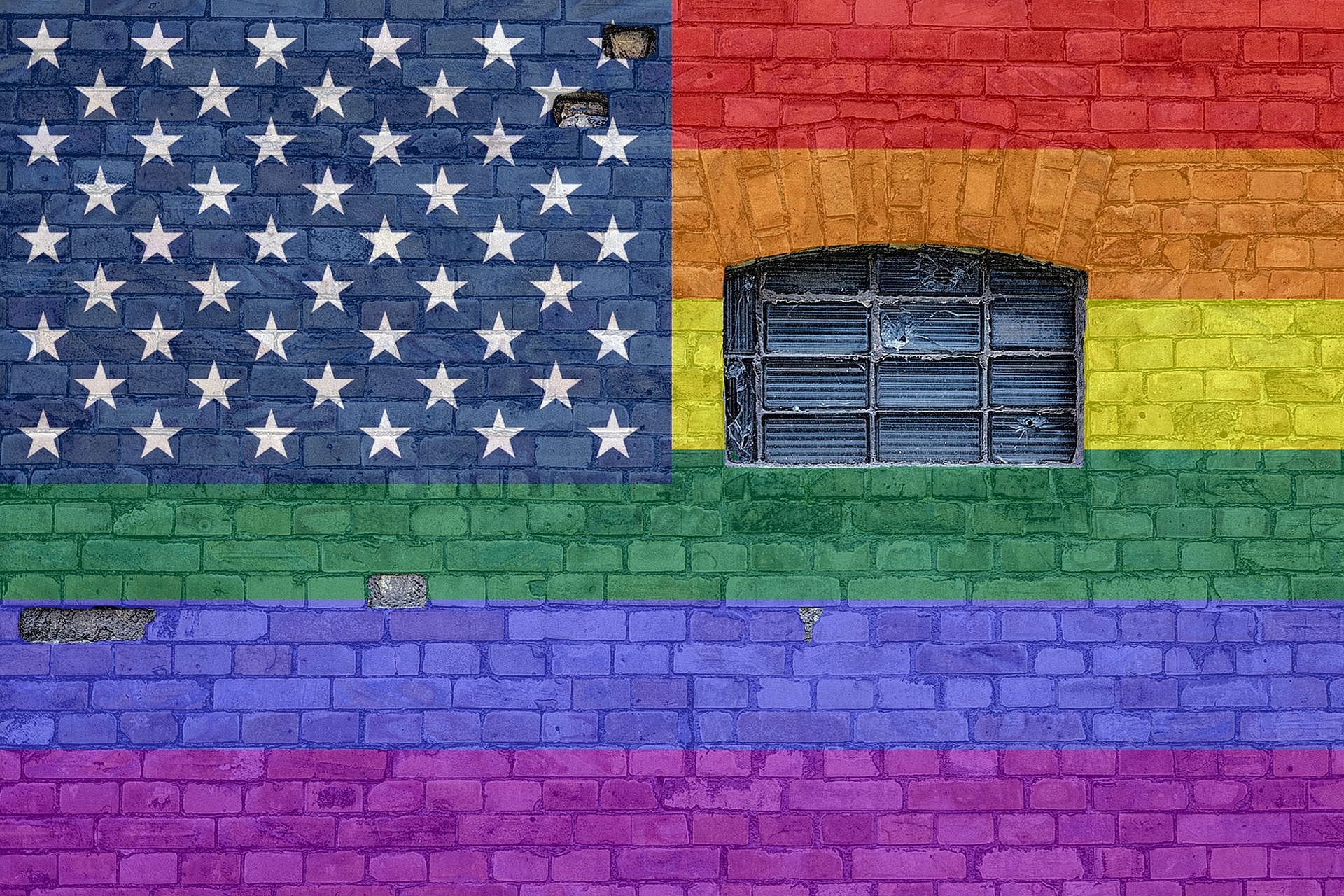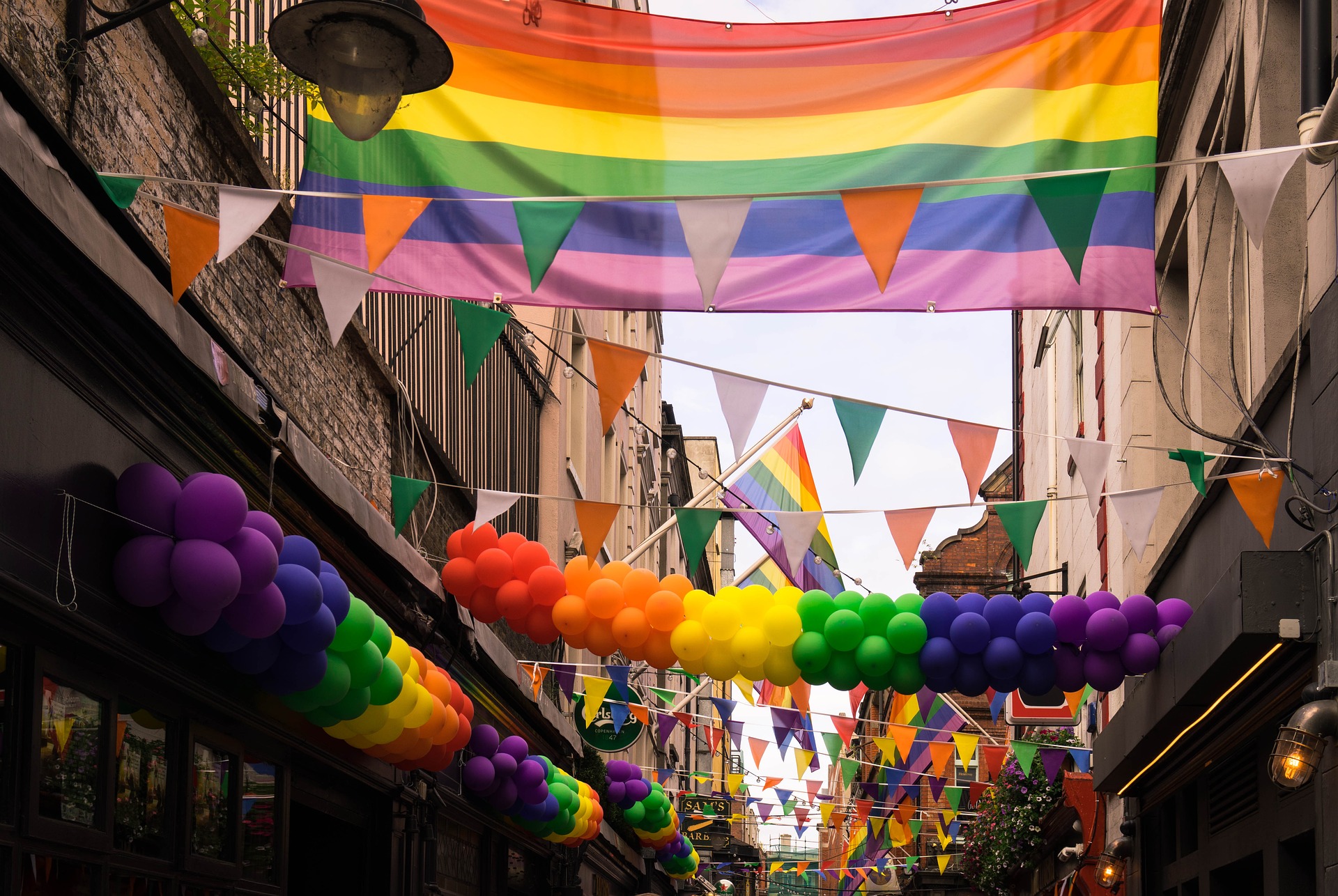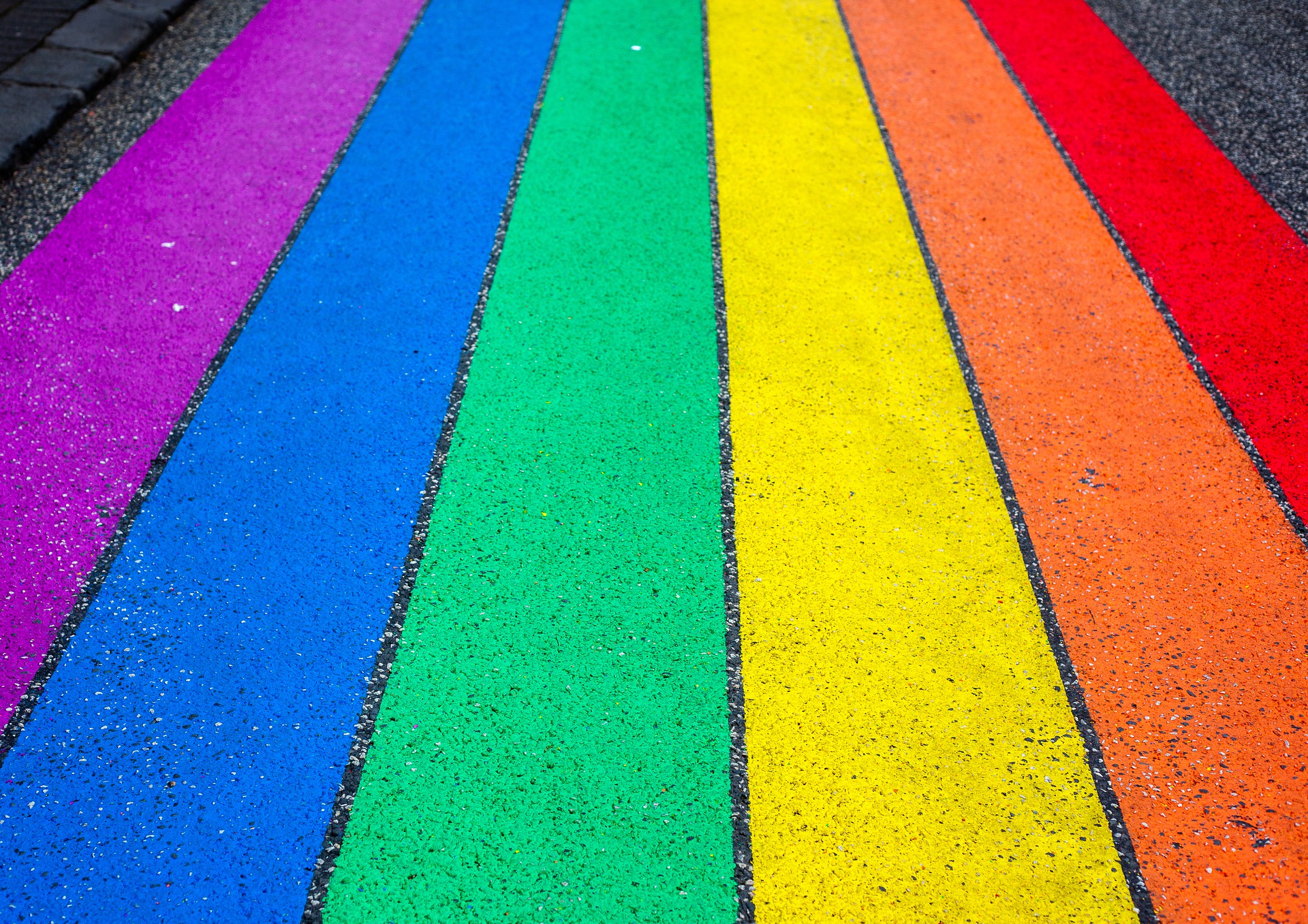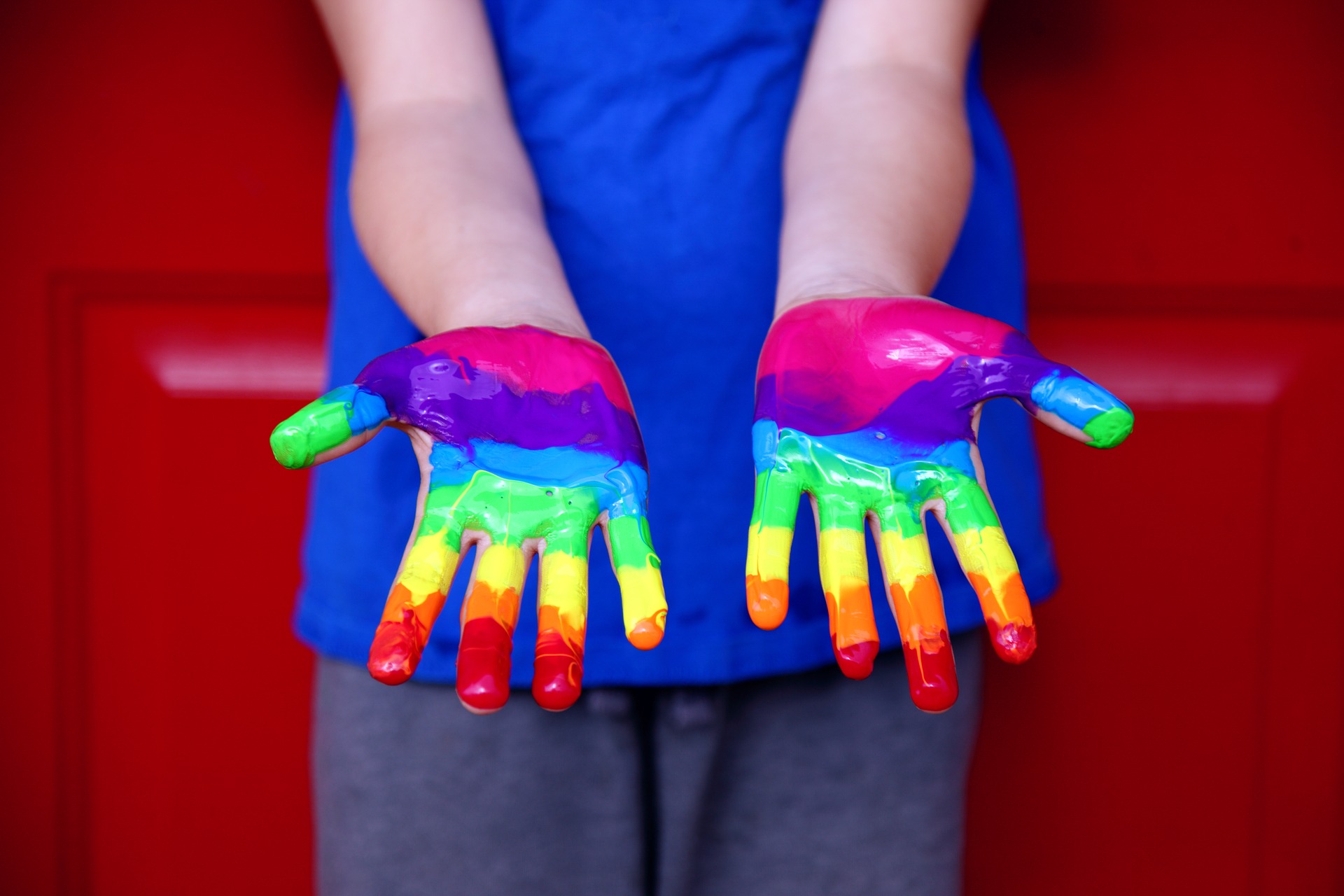
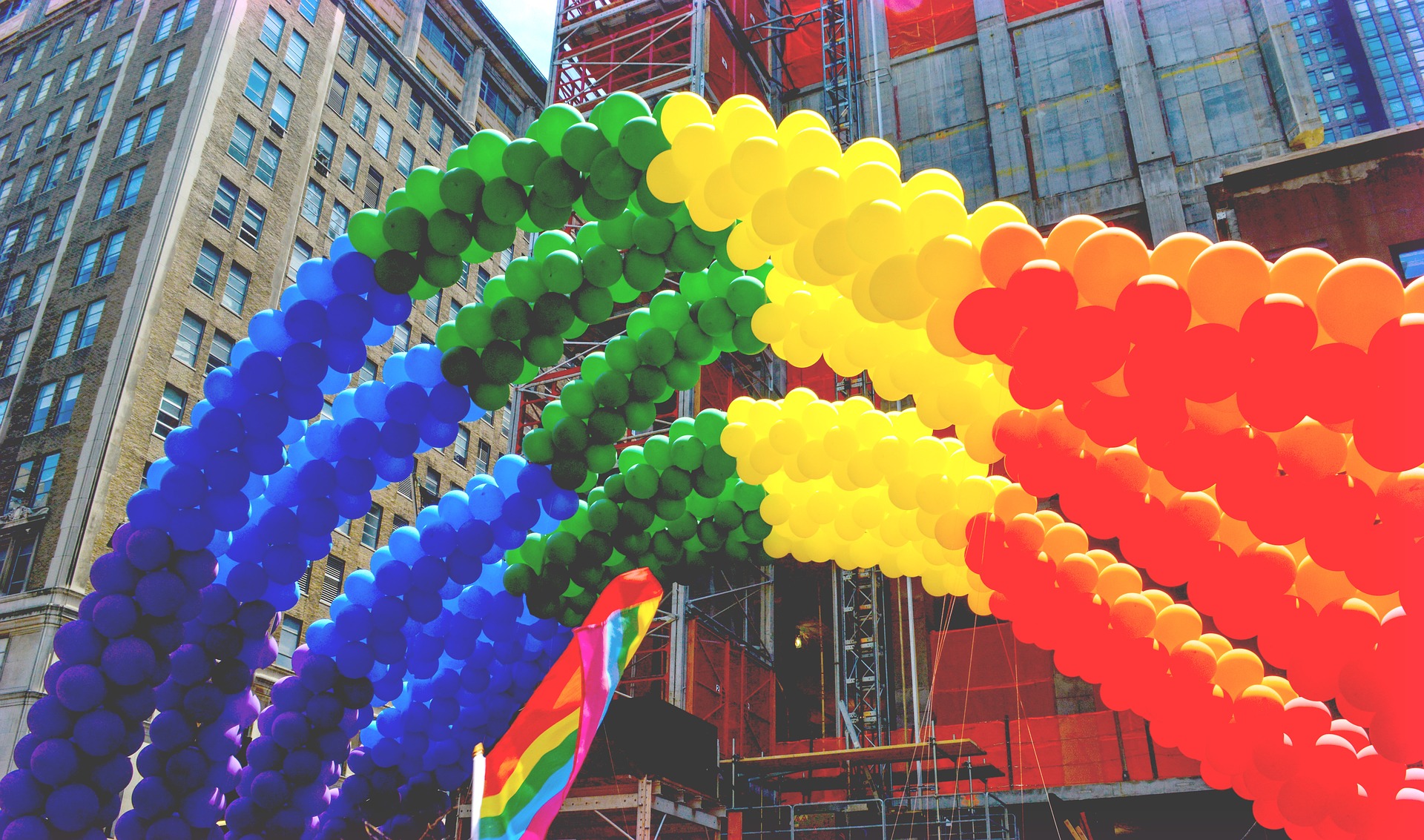
As many may know, this month of June marks Pride Month for the LGTBQ+ community, & at WGU a number of “experts” kicked off a speaker series with panel discussions related to various topics. Now if people are familiar with my literary research, publications, & presentations, then they know that I tend to focus on queer readings of figures & their works. So it made complete sense that I’d be on a panel that provided some historical context for not just Pride but also the evolution of terminology, identities, and culture primarily in the U.S., though my writing has focused on Europe & Greece as well. What few probably would expect is that I owned for the first time in a public way my own sense of queer identity, the arrival at which stemmed from my work on Edith Wharton. People have long told me that dissertations tend to reflect compelling interests that relate to some core aspect of themselves. One grad advisor told me his wife wrote about rape because she had survived trauma & that he tended to write about eyes & optics because he had always had poor vision. I hadn’t really applied this logic to myself other that that I, like Edith Wharton, related to a father & developed a masculinized queer interiority; for Wharton, hers sprang from the community of men of letters who surrounded her. Wharton read extensively on sexological work, including that of Otto Weininger which studied bisexuality. Many of the men around Wharton were queer &/or bisexual, so the matter hit close to home as I studied her more & more.
So, what did over a decade of grad study on Wharton & two decades of research & scholarship teach me about myself? That even though my active relationships have been with men, I identify as queer & bisexual despite presenting as cisgender & hetero. My partner, close friends, & some family members know this about me already, but before last week I hadn’t owned this with a more public audience. You see, I can pass, just as Wharton had passed publicly. Only her closest friends were given the gift of seeing her private self.
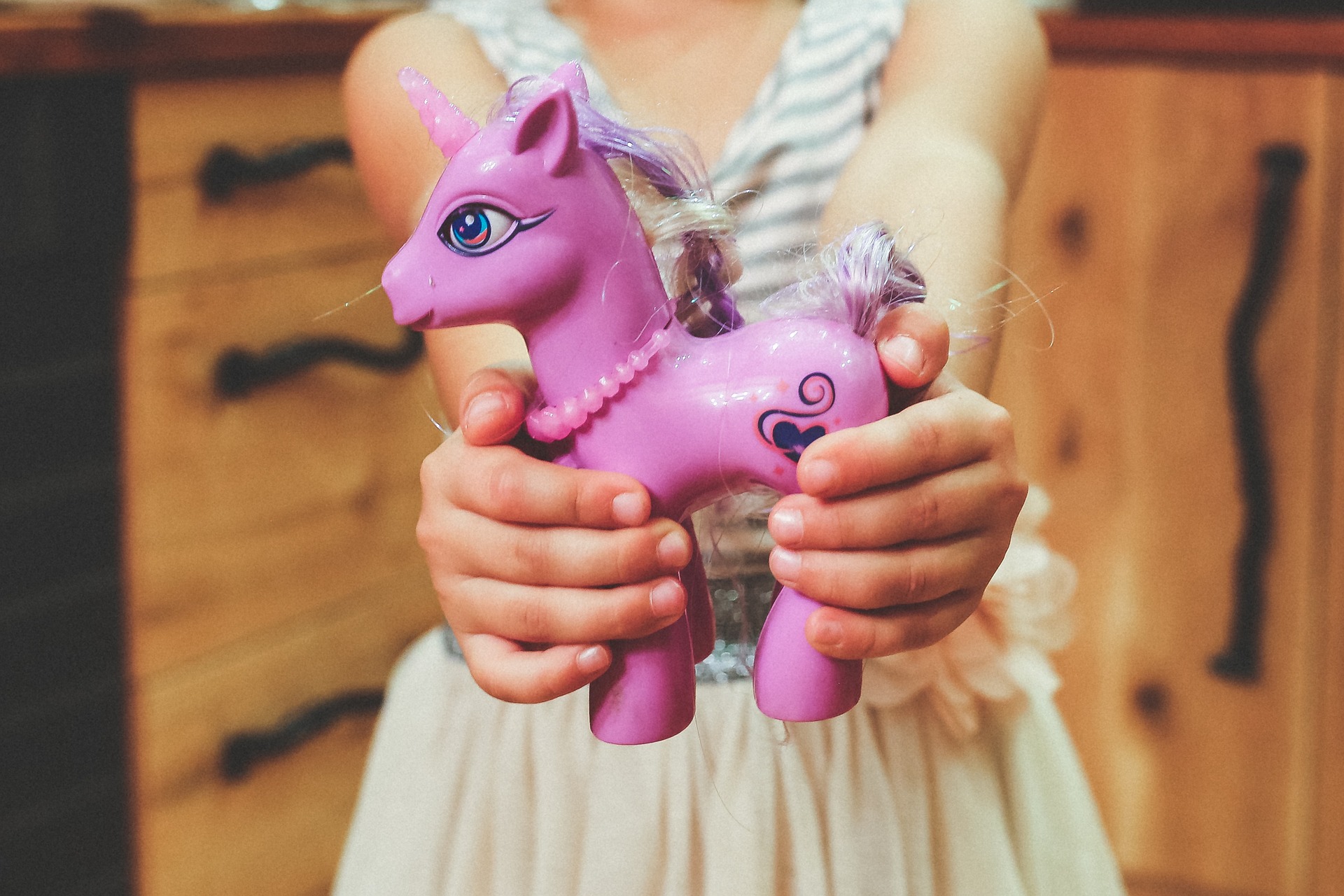
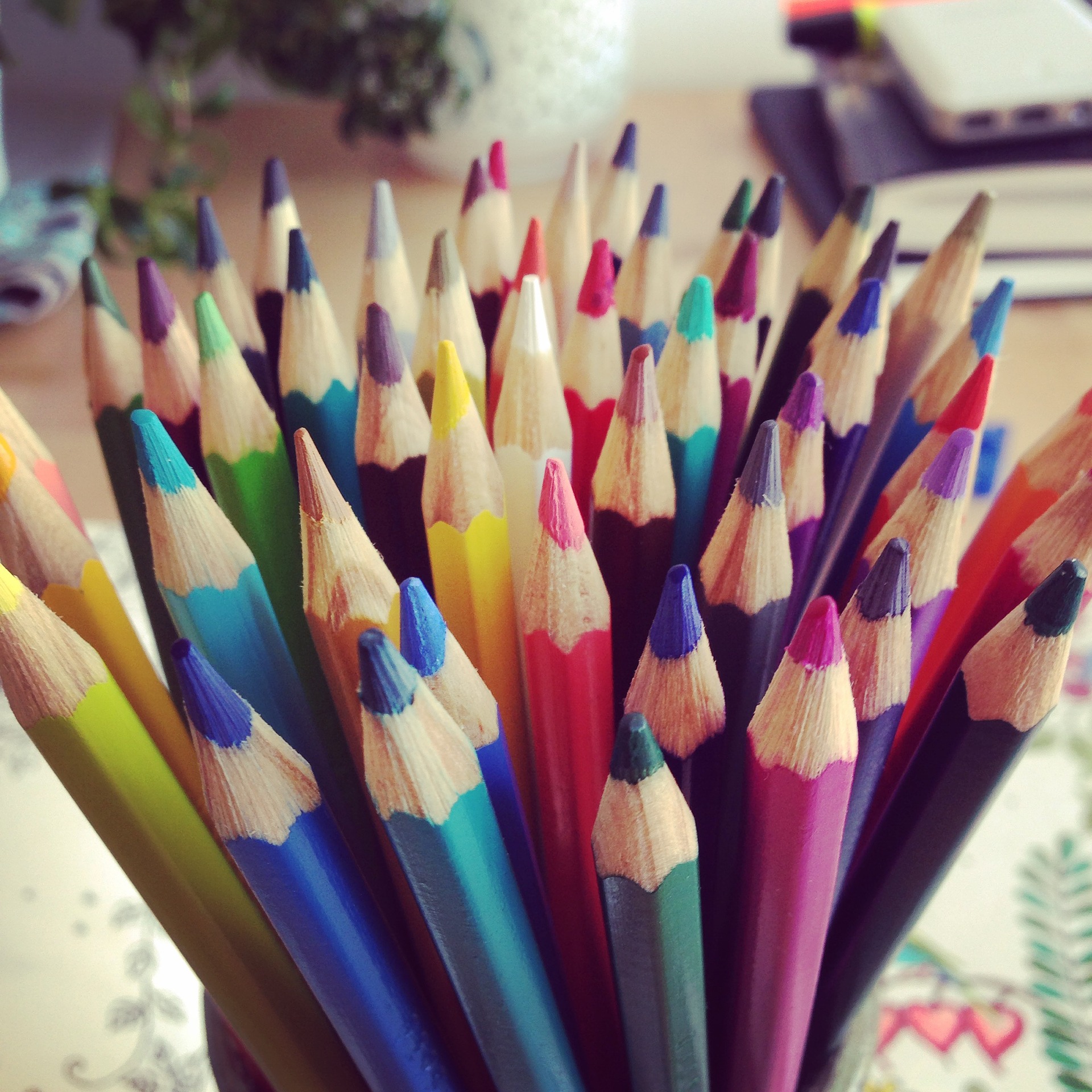
In terms of my development, as a kid & adolescent, I certainly experienced crushes on girls in my class but not in a conscious way so that when other girls noticed me staring too long & would comment or make a joke about my being a lesbian I’d become very defensive. I grew up in a highly religious Catholic family, & there wasn’t a lot of tolerance & acceptance outside of compulsory heteronormativity. When I was a teenager, I faced exposure to women in romantic relationships with each other at Girl Scout camp in Vermont when I became a camp counselor. Looking back, I can see that my feelings were those of panic & rejection, since I had little experience with understanding same-sex desire as something other than pathologized, wrong, immoral, or cause for shame. I wasn’t ready to face aspects of my identity that made me feel really uncomfortable. What I didn’t realize, as a late bloomer, is that the world would queer me anyway if I didn’t meet certain hetero milestones by certain ages or with a certain visibility. In undegrad in college, I formed the most important best friendships of my life with a classmate & a coworker during the summer going into my senior year. These ladies remain my best friends, & I’m so grateful for the love & care they show me. They are my sisters & our relationships have always been platonic. Yet, that would become funny because people often assumed we were in romantic relationships because we’d have sleepovers like little kids with movie nights in dorms. During different times when I went to college with each, we were inseparable, which caused some people to raise eyebrows or make assumptions.
Only through education, both in higher ed & of myself, did I arrive at a sense of self-acceptance that allowed for questioning, some pushing back on labels or images projected onto me in a way that revealed a more authentic me. Over time, I developed more & more friendships with people of our queer community & I would bring them around my family, even my mother and aunt. Later, I’d find out that I had other members of the family I’d grown up with who’d never come out to our family at large. Talk about a powerful discovery.
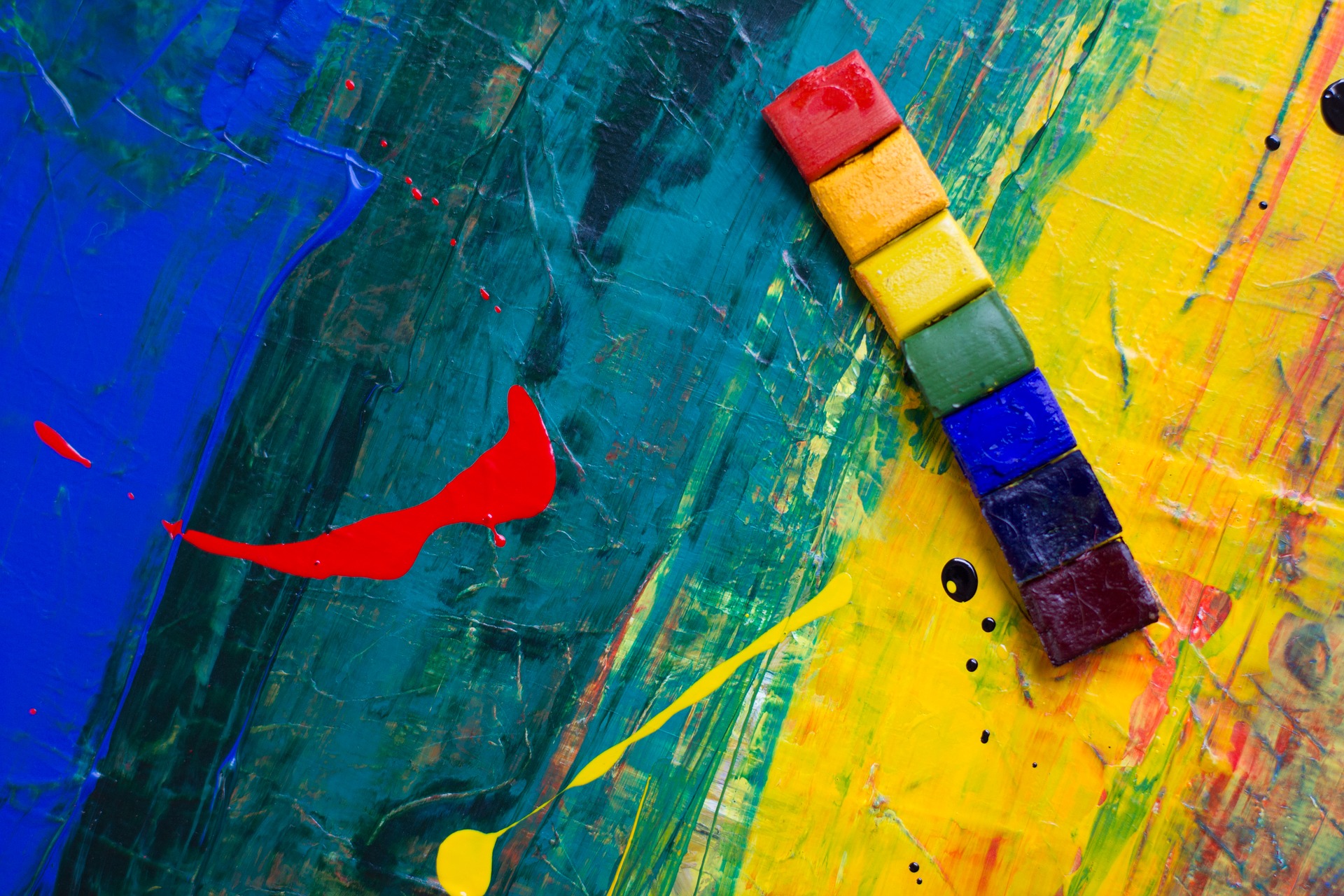
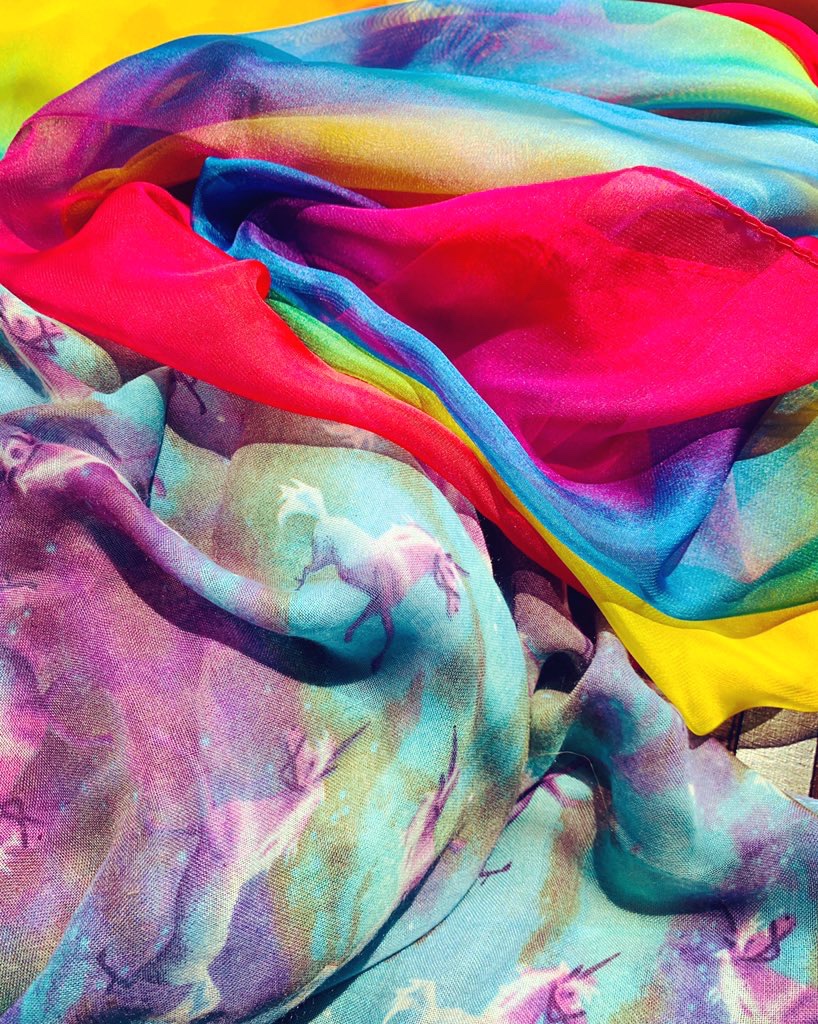
Thus, this month’s panel & my disclosure marked a big milestone for me. As we reclaim queer figures & share their rich, complex, beautiful stories, the more we move in the direction of diversity, equity, & inclusion. I’ve long loved rainbows & unicorns, even though I wouldn’t know their greater significance within our community until adulthood. These images join a rich catalog of symbols & signifiers that celebrate queer identities. The resurrection of Queer Eye on Netflix (the original series had gained popularity when I was in grad school) & this week’s major Supreme Court decision that defends the rights of LGBTQ+ employees in the workplace, protecting them from discrimination, comes from decades of activism & protest.
Thank you to the righteous protestors exercising our human right to freely assemble & object to abuses of power, especially those abuses that can deprive people of not only their dignity & identity & even their lives. May we continue to see progress & major milestones in celebration of the rights of all, no matter the journey, no matter the time it takes to realize & assume that authentic voice.
